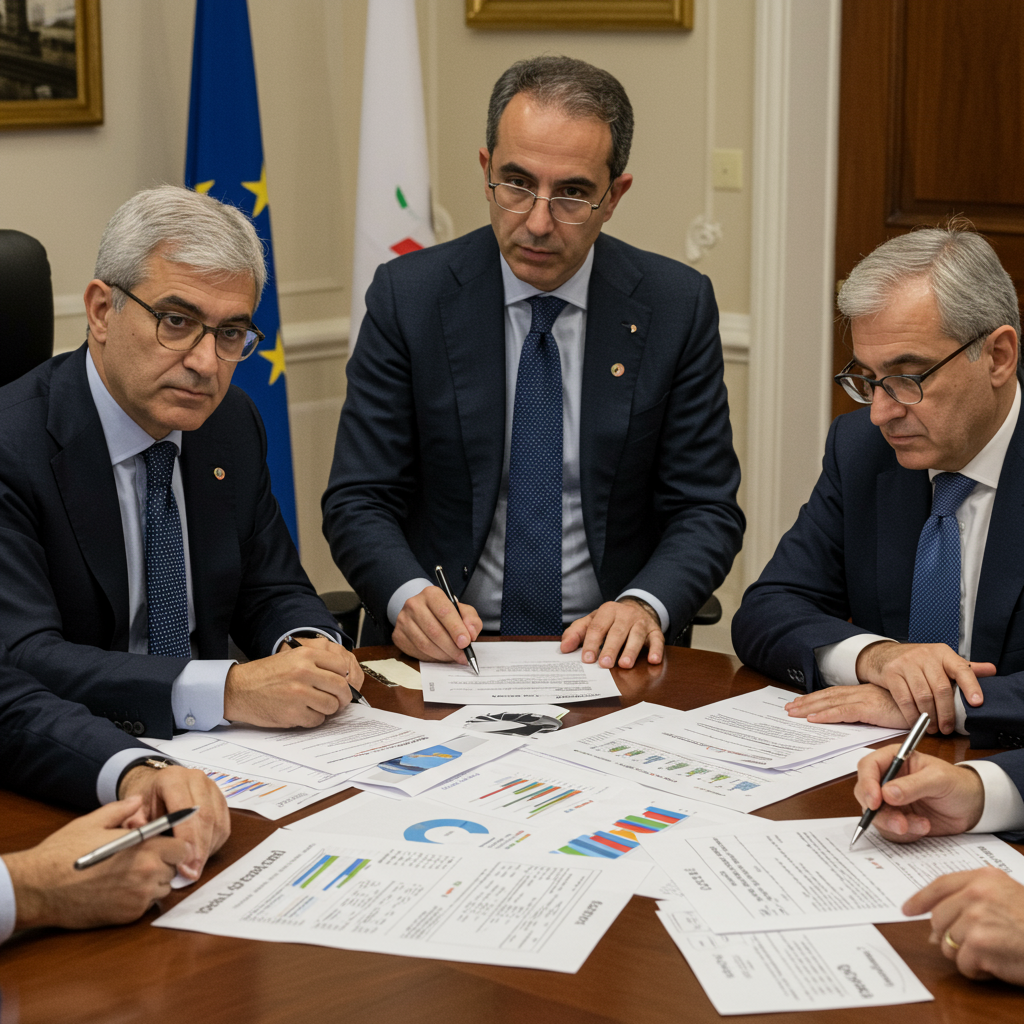Italy’s recent sale of a stake in state-backed bank Monte dei Paschi di Siena (MPS) has triggered sharp attention and scrutiny from the European Union. The process has drawn particular criticism regarding the apparent marginalization of global investors in favour of domestic participants, raising questions about fairness and competition.
The Italian Treasury offloaded a significant portion of its holding in the Tuscan lender, a move long anticipated as Rome seeks to reduce its stake following a state bailout. While the sale itself is part of a broader effort to return the bank to private hands and meet commitments made to EU authorities, the execution of this particular transaction has raised eyebrows in Brussels.
Why the EU is Watching Closely
The European Commission, tasked with ensuring fair competition and the proper use of state aid rules across member states, is reportedly examining the details of the MPS sale. Concerns are centred on whether the process inadvertently or deliberately favoured certain buyers, potentially distorting the market or conflicting with the terms of the bank’s state aid approval.
Fair Competition: Questions linger over whether all potential investors, regardless of origin, had equal access and opportunity in the sale process.
State Aid Compliance: The EU previously approved state intervention in MPS under specific conditions designed to ensure its long-term viability and eventual return to the market without creating unfair advantages. Any perceived deviation from a transparent, market-based disposal process could breach these conditions.
The Sidelined Global Investor Concern
Reports indicate that some large international institutional investors felt the sale process was structured in a way that disadvantaged them compared to Italian counterparts. This could involve factors like timing, allocation methods, or communication surrounding the offering.
Excluding or deterring global investors could have several negative implications:
It potentially limits the pool of buyers, potentially impacting the price achieved for the state’s stake.
It could signal an unwelcome environment for foreign investment in Italy’s financial sector.
- Crucially from the EU’s perspective, it raises the possibility that the sale wasn’t conducted on purely commercial terms, which is essential for avoiding further state aid implications.
The scrutiny from Brussels underscores the delicate balance Italy must strike in managing its stake in MPS – navigating domestic political considerations, the bank’s turnaround needs, and strict European regulatory requirements related to state aid and banking sector stability. The outcome of the EU’s assessment could influence future steps in reducing the state’s holding in the historic bank.




